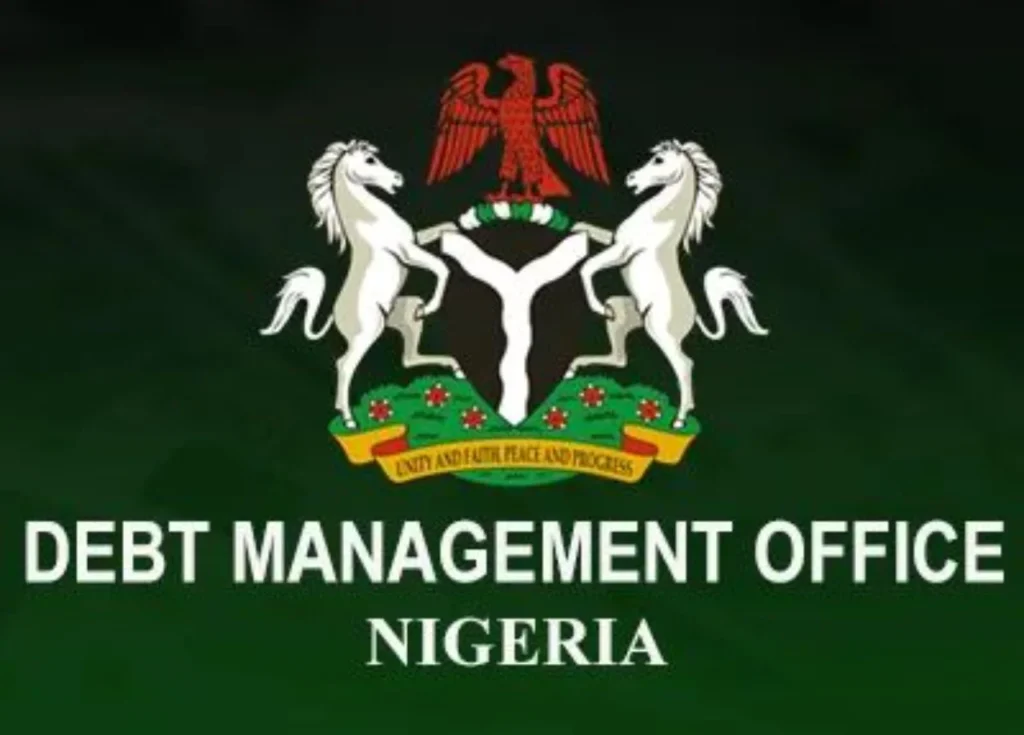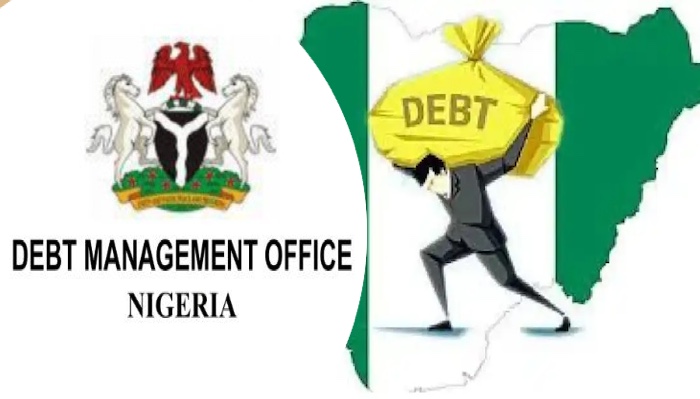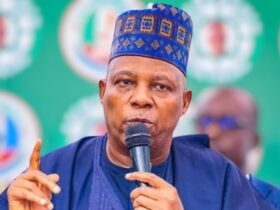Nigeria faces growing concerns over a potential debt crisis, with projections indicating that the country’s external debt could reach $45.1 billion by the end of 2024.
This increase stems from the Federal Government’s plans to secure additional external funding.
According to a report by the Debt Management Office (DMO), Nigeria’s external debt stock rose by $780 million in the second quarter of 2024, increasing from $42.12 billion in March to $42.9 billion in June.

Last week, the Federal Executive Council (FEC) approved a $2.2 billion external borrowing plan as part of the 2024 Appropriation Act financing programme.
During a briefing following the FEC meeting, Finance Minister Wale Edun explained that the borrowing package includes $1.7 billion in Eurobonds and $500 million in Sukuk offerings.
He noted that Nigeria’s continued access to the international capital market reflects confidence in President Bola Ahmed Tinubu’s economic reforms.
READ ALSO: Genuine Reform in Africa Demands Political will, Steadfast Commitment to Rule of law—Peter Obi
With the additional $2.2 billion borrowing plan, the country’s external debt is expected to rise to $45.1 billion by year-end.
However, these borrowing plans emerge amidst mounting fiscal pressures. Data from the Central Bank of Nigeria shows that the country spent $3.58 billion on foreign debt servicing in the first nine months of 2024—a 39.77% increase compared to $2.56 billion during the same period in 2023.
Furthermore, the DMO reported in October 2024 that Nigeria’s total debt stock had surged to ₦134.3 trillion by June.
Muda Yusuf, Director of the Centre for the Promotion of Private Enterprise (CPPE), criticized the escalating debt levels, emphasizing concerns over insufficient revenue generation and ongoing infrastructural deficits.
Follow the Parallel Facts channel on WhatsApp: https://whatsapp.com/channel/0029VaCQSAoHgZWiDjR3Kn2E









Leave a Reply